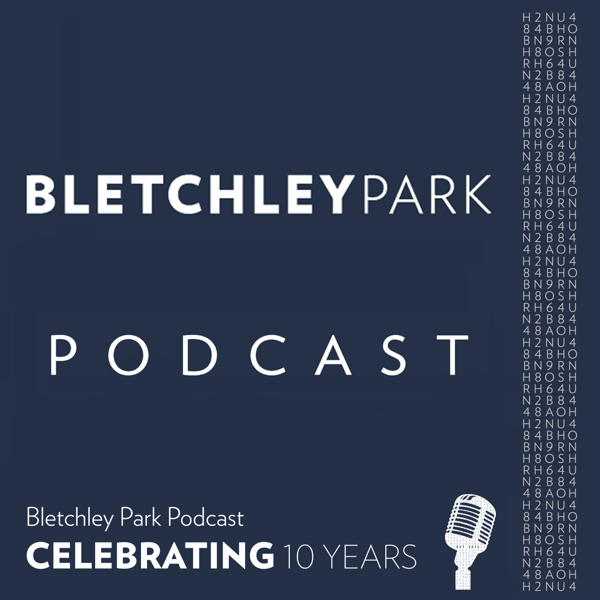Loebner Prize to call Bletchley Park home
Bletchley Park
Bletchley Park
4.8 • 177 Ratings
🗓️ 14 May 2014
⏱️ 2 minutes
🧾️ Download transcript
Summary
May 2014
The Loebner Prize is making Bletchley Park its permanent home. The competition is modelled on Alan Turing’s famous test, which suggests that a thinking computer’s responses would, in conversation, be able to convince a panel of judges that it is human.
The Loebner Prize was founded and is sponsored by Dr Hugh Loebner, a New York philanthropist. He says “The competition is the longest running Turing test.” Since the competition’s inception in 1991, no computer has yet managed to win anything other than the Bronze Medal prize.
The Society for the Study of Artificial Intelligence and Simulation of Behaviour (AISB), the world’s oldest Artificial Intelligence society, has this year taken over the running of the competition, guaranteeing its continued success. This year’s competition will be held at Bletchley Park on 15 November.
In addition to the the $100 000 grand prize and gold medal, the competition offers a $25 000 Silver Medal prize for a program able to fool a majority of judges, and an annual Bronze Medal prize to the most human-like computer.
Picture: ©Mubsta
#BPark, #Bletchleypark, #LoebnerPrize, #TuringTest
Transcript
Click on a timestamp to play from that location
| 0:00.0 | My name is Hugh Loebner. |
| 0:07.0 | I'm the sponsor of the Loebner Prize for Artificial Intelligence, which is a Turing test. |
| 0:13.0 | I started the competition for a variety of reasons. |
| 0:16.0 | One, self-aggrandizement. |
| 0:19.0 | Number two, I've always wanted 100% unemployment without any diminution of |
| 0:23.6 | production or consumption. So the really difficult problem will be how to distribute it and how to |
| 0:29.6 | reorganize society, especially now that you have 3D printing. It may be much faster than I thought. |
| 0:34.6 | And I thought that this might expedite the development of artificial intelligence to the |
| 0:40.7 | point where computers could replace humans. |
| 0:42.9 | Also, it was an experiment. |
| 0:44.6 | I have a PhD in sociology, demography, population studies. |
| 0:49.4 | But society is chaotic. |
| 0:51.5 | You know, chaos theory, the slightest initial change would produce a big result. |
| 0:55.7 | And they had been discussing the Turing test for 40 years by the time I started this. |
| 1:00.3 | Alan Turing proposed his test in 1950, now we're up to 1990. And it seemed to me that whoever |
| 1:07.7 | started out with the contest would break symmetry. You know about symmetry breaking, right? |
| 1:12.6 | Say if you get a globe of water or any way you turn it, it's the same. It's infinite symmetry. |
| 1:16.3 | But once you freeze it, it's not the same. You can't spin it around because you've got these |
| 1:20.2 | flaws in it. And if you look at a social thing like society on the dimension of the first |
| 1:26.4 | Turing test, there was no first Turing test, |
| 1:29.0 | so if each person is considered a little vector pointing this way and that way, so forth, |
| 1:32.5 | you know, it's all over, like the water molecules each way. But once there was the first Turing |
... |
Please login to see the full transcript.
Disclaimer: The podcast and artwork embedded on this page are from Bletchley Park, and are the property of its owner and not affiliated with or endorsed by Tapesearch.
Generated transcripts are the property of Bletchley Park and are distributed freely under the Fair Use doctrine. Transcripts generated by Tapesearch are not guaranteed to be accurate.
Copyright © Tapesearch 2025.

